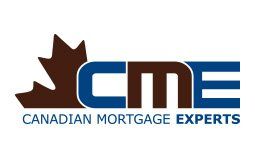What happens when a home sale falls through?
Every homebuyer eagerly anticipates closing day. With the home purchase process completed, ownership of the property transfers from the seller to the buyer – you!
Closing date is negotiated as a condition of sale. You’ll typically have several weeks between the date that your agreement to purchase (sales contract) is signed and your closing date.
During that time, you and your real estate team will work to ensure that all the conditions of the sale are met so you can take possession on the agreed-upon date.
But what happens if a home sale falls through and you are unable to close?
Reasons why a home sale could fall through
It’s worth noting that the vast majority of purchase agreements close as expected. But the most common reasons why a sale may fall through are the following:
- The homebuyer fails to qualify for a mortgage.
- The homebuyer makes an offer to purchase a home based on the condition that they can sell their existing property first – and fails to do so.
- The homebuyer’s lender appraises the property at a value significantly lower than the agreed-upon purchase price. If the buyer can’t make up the shortfall from savings or the seller won’t lower the price, the buyer can no longer afford the property.
- There are title insurance or home inspection surprises. If a title report shows claims against the property or if a home inspection reveals serious flaws, it will jeopardize the sale.
- The homebuyer gets cold feet, changing his or her mind for any reason.
TIP: The best way to reduce the odds of failing to close on a home you want is to get mortgage pre-approval from the mortgage professionals at DLC Canadian Mortgage Experts before you start house hunting.
Avoid making an offer on a potential money pit by scheduling a pre-sale inspection.
Your home sale falls through. Now what?
If you ever experience a sobering “it’s just not gonna happen” moment, contact your REALTOR® immediately.
If appropriate, they will send the seller’s agent a mutual release form, which releases both parties from the purchase agreement. As the buyer, you will endeavor to get your sales deposit back, and the seller is free to sell the home to someone else.
Problems arise if the seller refuses to sign the mutual release form.
Who gets the deposit?
If the seller refuses to sign the mutual release form, your deposit, which is held in a trust account, remains in trust until it is released by court order.
A disgruntled seller may decide to sue for damages that result from the failed purchase agreement. For example, they may end up selling the property to another buyer for less, resulting in a financial loss.
Or let’s say they purchased a home conditional on the sale of their existing home, and because you backed out, they either fail to close on that home or they must take out bridge financing to save the sale. They’ll probably want compensation for the extra costs and hassle.
While failure to close is an uncommon occurrence, it causes headaches for both buyers and sellers. Try avoiding it by getting mortgage pre-approval before you start house hunting, and by booking a pre-sale home inspection.
Most important, hire a real estate team. These experts can use their experience and professionalism to guide you through your sale, managing any bumps along the way.
This article was written by Marc Shendale, Vice President Business Development of Genworth Canada. It was originally published here.




